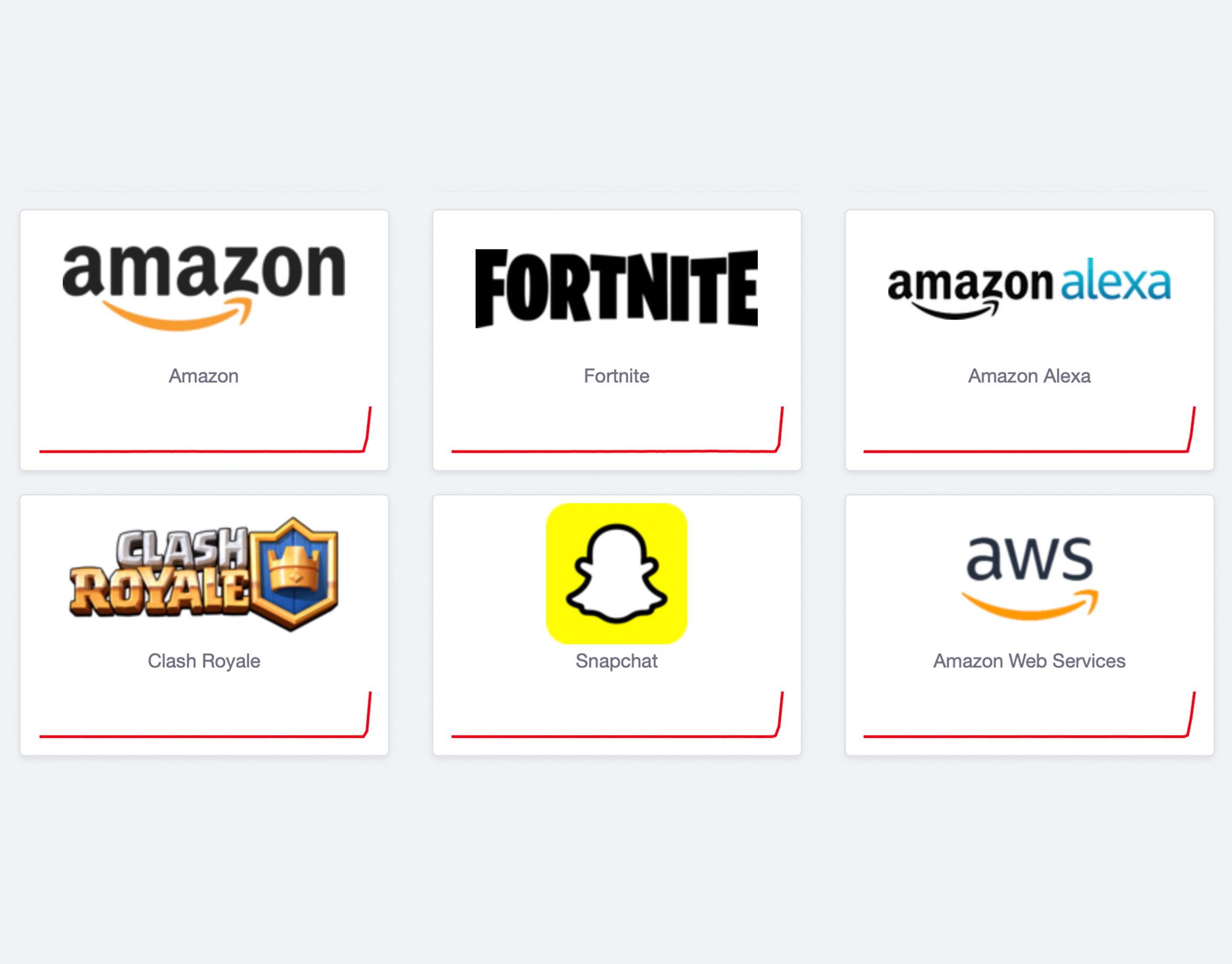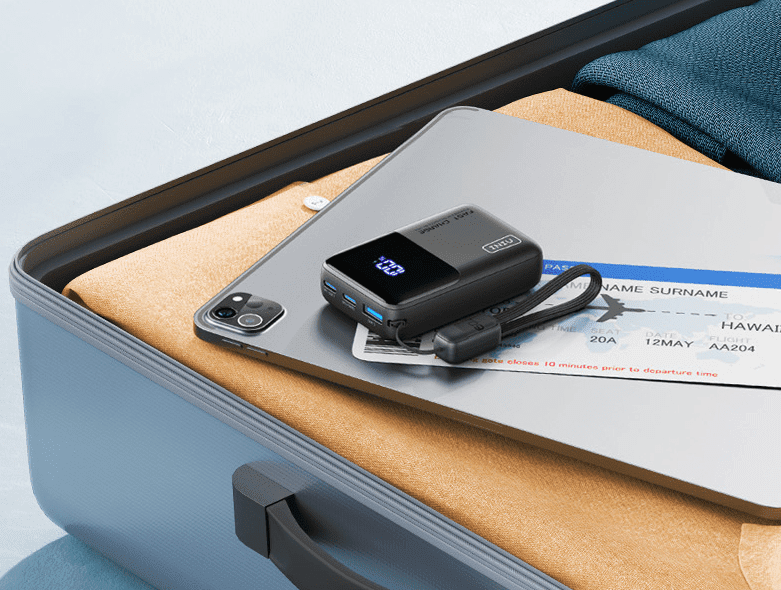During a recent live discussion at the TechFutures conference in New York City, Zocdoc CEO Oliver Kharraz shared insights on the evolving landscape of healthcare technology and the role of artificial intelligence in patient care.
Understanding Zocdoc’s Role in Healthcare
Zocdoc is a well-known platform that facilitates the process of finding and booking appointments with healthcare providers. Established during the early app economy, Zocdoc has become a staple alongside other transformative services like Uber and Airbnb. However, its unique integration into the complex U.S. healthcare system sets it apart. The platform addresses significant challenges, including the vast array of doctors, insurance networks, and stringent healthcare privacy laws. This complexity creates a substantial barrier to entry for potential competitors, giving Zocdoc a competitive edge.
As Kharraz explains, Zocdoc’s infrastructure is essential for new AI tools and platforms, including Google and ChatGPT, which aim to streamline the appointment booking process. Unlike other industries, where AI can operate independently, Zocdoc’s integration into healthcare means that these AI solutions rely on its comprehensive database and services.
The Shift from “Dr. Google” to “Dr. AI”
The conversation also touched on the transition from “Dr. Google” to “Dr. AI.” Kharraz noted that patients are increasingly turning to AI chatbots for medical advice, which can range from beneficial to potentially harmful. He emphasized that while Zocdoc is incorporating AI into its services—such as through its assistant named Zo, which aids in scheduling—there is a firm boundary regarding the provision of medical advice. Kharraz believes that AI should assist with routine tasks but should not replace human judgment in critical healthcare decisions.
The Role of AI in Patient Interaction
As Kharraz elaborated, Zocdoc’s AI capabilities are designed to enhance the patient experience. The company has introduced features that allow patients to schedule appointments autonomously via phone, leveraging AI to streamline the process. However, Kharraz is cautious about the implications of AI in healthcare, particularly when it comes to providing medical advice. He believes that patients should have clear expectations about the role of AI in their healthcare journey.
Telehealth: A Nuanced Landscape
Telehealth has gained significant traction, especially during the COVID-19 pandemic. However, Kharraz pointed out that while Zocdoc offers telehealth services, patient preferences lean heavily towards in-person visits for most medical needs. He cited that approximately 95% of appointments, excluding mental health consultations, are conducted in person. This preference underscores the importance of physical examinations in many medical scenarios, where a healthcare provider needs to assess a patient’s condition directly.
Conversely, mental health services have seen a different trend, with a majority of consultations occurring remotely. Kharraz noted that the effectiveness of telehealth in mental health is evident, as it provides convenience and accessibility for patients seeking support.
Competition in Telehealth
The telehealth space has become increasingly competitive, with various providers vying for market share. Kharraz acknowledged that companies like Zoom have inadvertently entered the telehealth market due to their existing infrastructure. However, he remains confident in Zocdoc’s unique position, emphasizing that the platform’s focus is on delivering a seamless experience for patients, whether through telehealth or in-person visits.
AI’s Role in Patient Interaction: A Double-Edged Sword
The discussion also delved into the potential for AI to replace human interaction in healthcare settings. Kharraz expressed skepticism about fully outsourcing patient relationships to AI, arguing that while AI can assist with routine tasks, it should not replace the nuanced understanding that human providers bring to patient care. He highlighted the importance of maintaining a clear distinction between AI and human interaction, particularly when it comes to sensitive medical issues.
AI Assistant Zo: Enhancing Efficiency
Zocdoc’s AI assistant, Zo, is designed to improve efficiency in scheduling and customer service. Kharraz explained that patients are aware they are interacting with an AI and can opt out if they prefer human interaction. The goal is to streamline simple tasks, such as confirming appointments or rescheduling, while ensuring that complex inquiries are directed to knowledgeable human staff.
Kharraz emphasized that AI should not merely replicate the functions of human agents but should enhance the overall patient experience. By analyzing the effectiveness of both AI and human agents, Zocdoc aims to create a more efficient system that reduces wait times and improves patient satisfaction.
Challenges and Opportunities in Healthcare AI
As the healthcare industry continues to evolve, the integration of AI presents both challenges and opportunities. Kharraz acknowledged that while AI can improve efficiency, it also raises questions about accountability and the quality of care. He stressed the importance of ensuring that AI systems are designed with patient safety in mind, particularly when it comes to decision-making processes.
Structuring Zocdoc for Success
Turning to the internal structure of Zocdoc, Kharraz revealed that the company has over 1,000 employees organized into functional teams. This structure allows for cohesive collaboration across departments, fostering a unified approach to achieving the company’s goals. Zocdoc’s history of adapting to market changes has contributed to a culture of alignment, with all leadership focused on a shared revenue and profitability target.
Business Model Evolution and Market Dynamics
Zocdoc’s transition from a flat fee model to a per-patient referral system has been a significant factor in its growth. While some healthcare providers initially resisted this change, Kharraz noted that the new model has ultimately benefited a larger number of doctors. The marketplace dynamics illustrate a power curve, where the most successful providers gain substantial value from the platform, while those at the lower end of the spectrum also find increased opportunities.
Despite the emergence of social media platforms like Instagram, where some doctors seek to attract their own patients, Kharraz remains confident in Zocdoc’s value proposition. He believes that the platform’s ability to connect patients with the right providers will continue to drive its success in the competitive healthcare landscape.
Looking Ahead: The Future of Zocdoc and AI in Healthcare
As Zocdoc continues to innovate and adapt to the changing healthcare environment, Kharraz is optimistic about the future. The integration of AI into the platform is expected to enhance patient experiences while maintaining the essential human touch in healthcare. Kharraz’s vision for Zocdoc is one where technology and human expertise work in tandem to provide patients with the best possible care.
In conclusion, the conversation with Oliver Kharraz highlighted the complexities and opportunities within the healthcare technology landscape. As Zocdoc navigates the challenges of integrating AI while prioritizing patient safety and satisfaction, it remains a key player in reshaping how patients access and experience healthcare.
Source: Original report
Was this helpful?
Last Modified: October 20, 2025 at 10:38 pm
2 views















